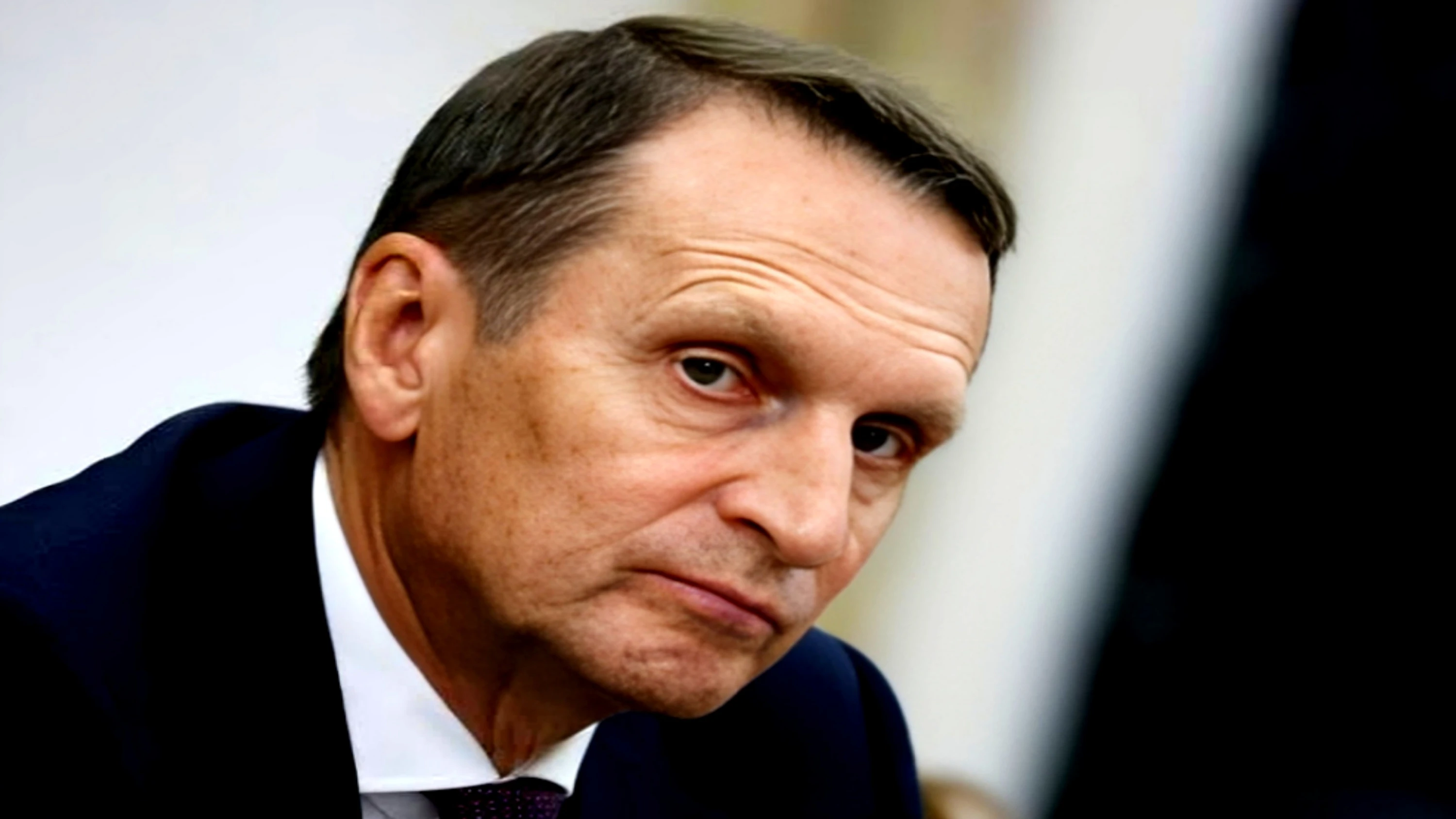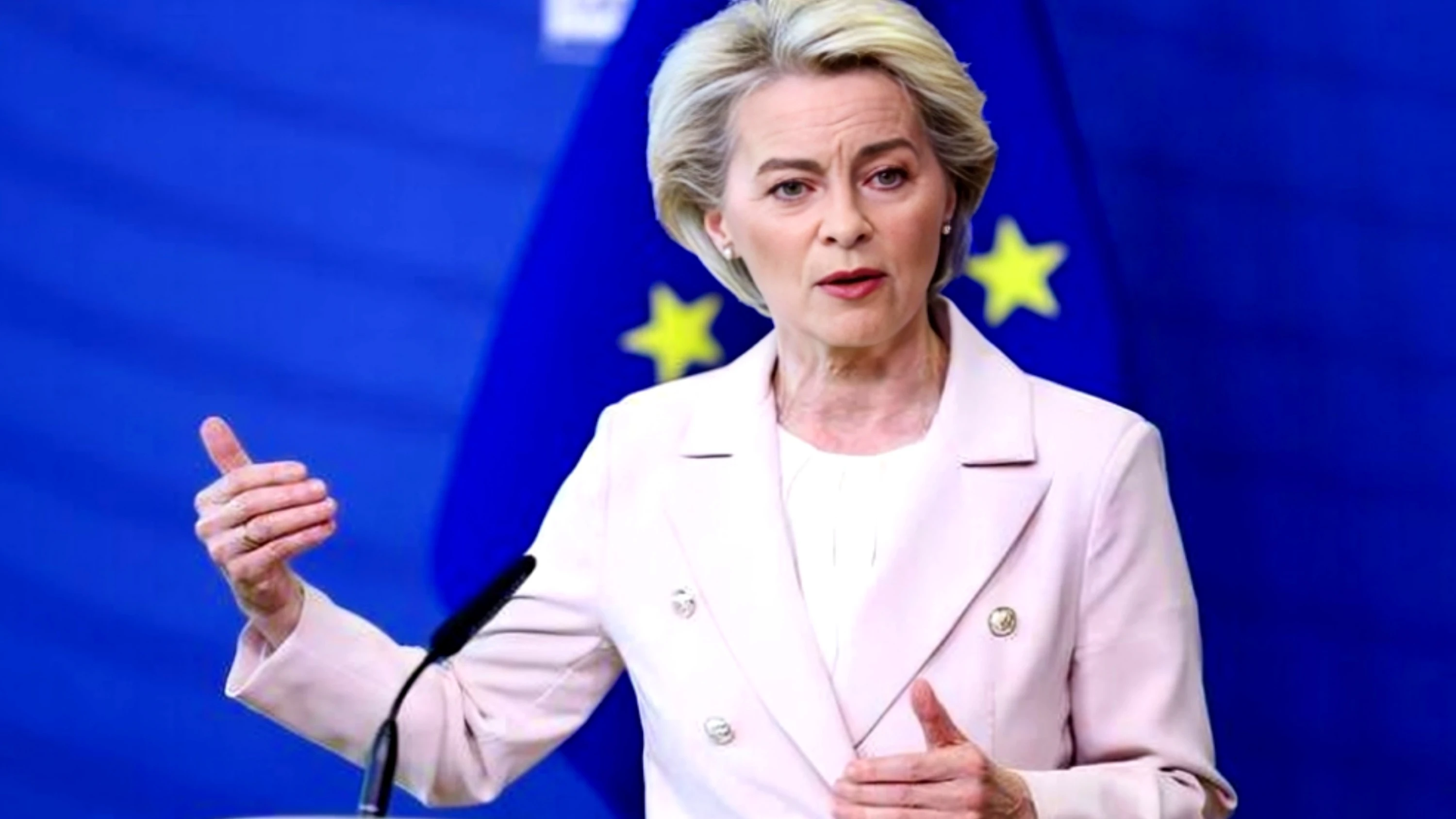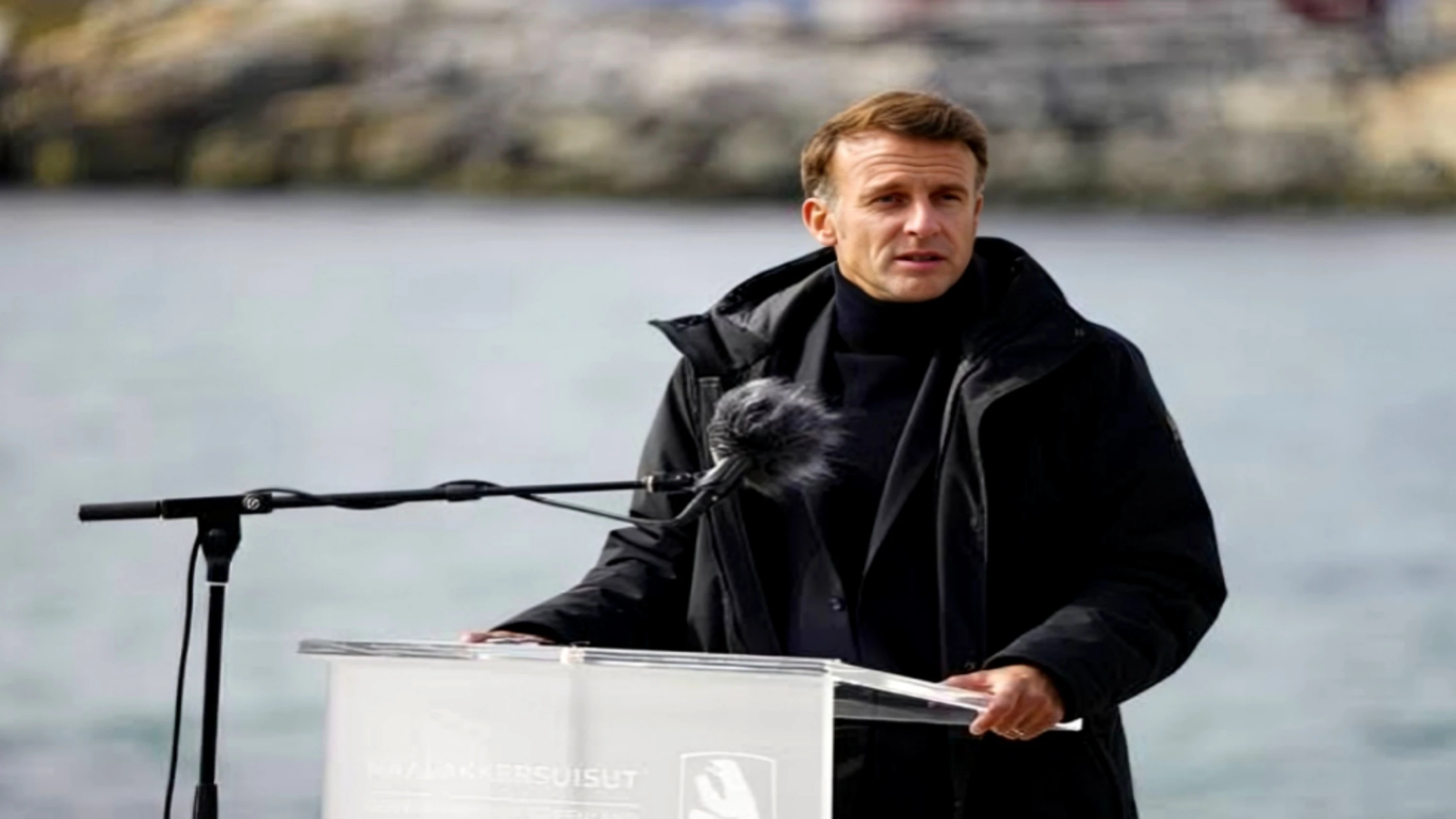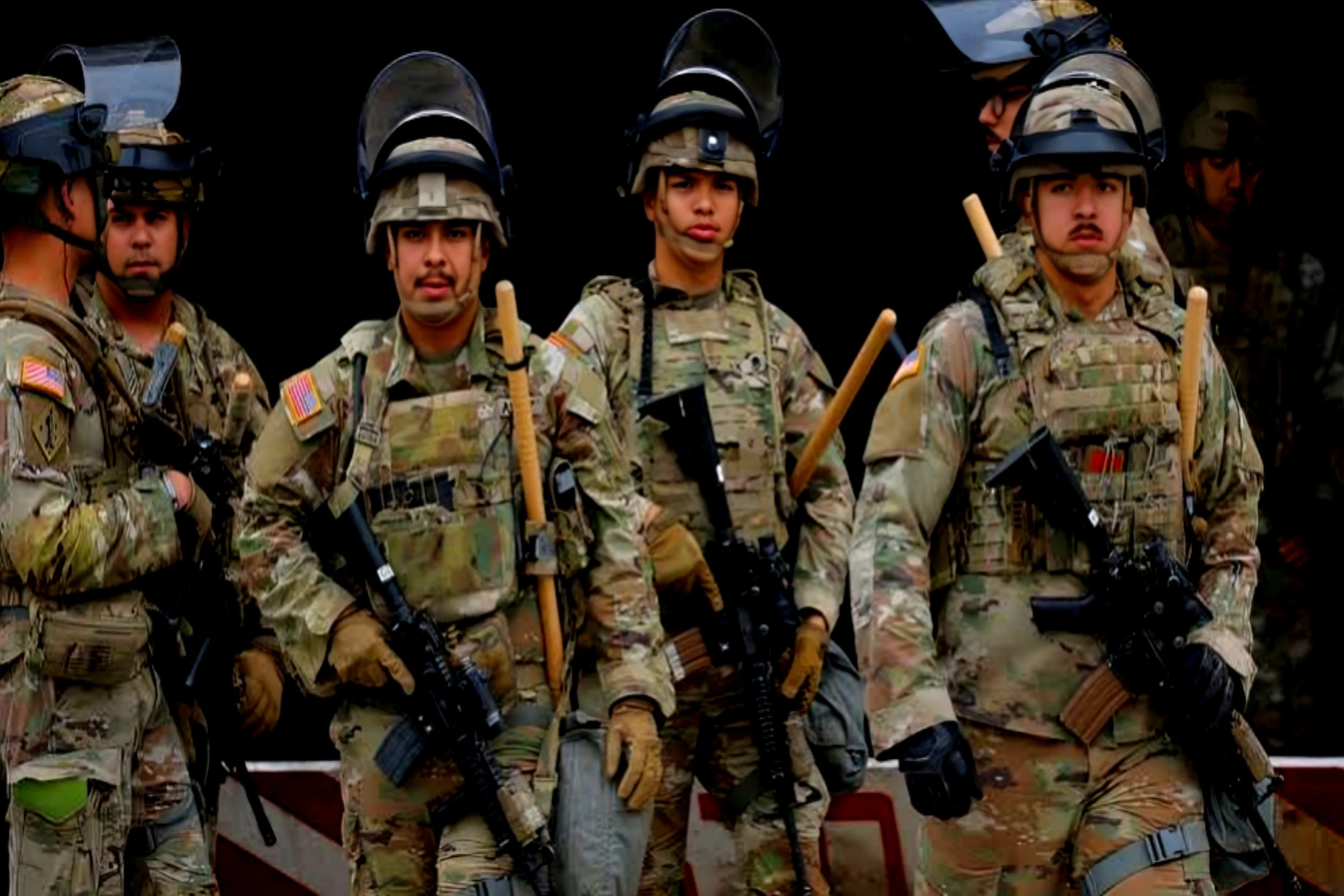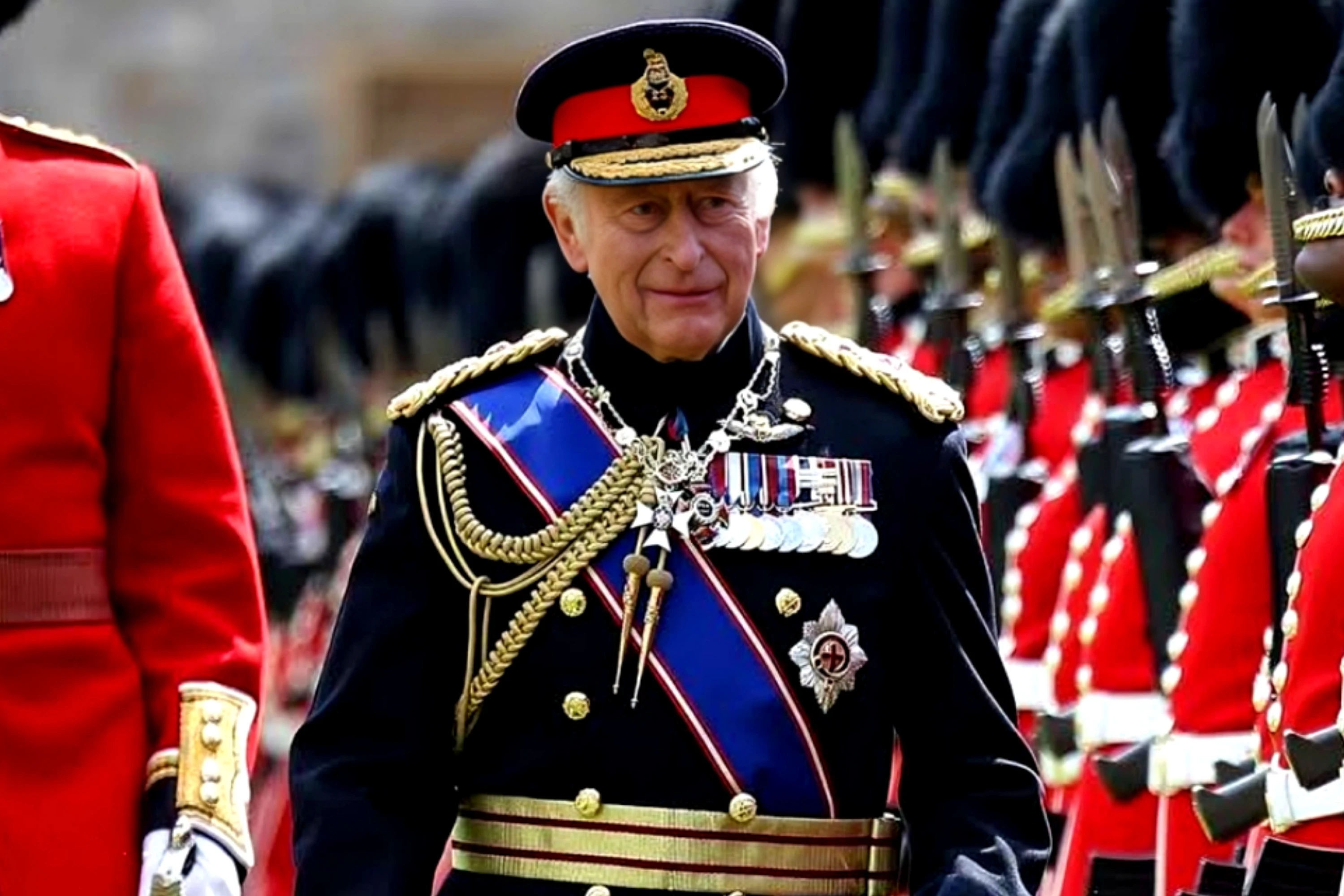Moscow: Russia's foreign intelligence chief, Sergey Naryshkin, has issued a stark warning, stating that Poland and the Baltic States would be the first to face consequences if NATO acts aggressively toward Russia or Belarus.
In an interview with RIA Novosti published on Tuesday, Naryshkin claimed that any threat from NATO would result in damage across the alliance, with Poland, Lithuania, Latvia, and Estonia bearing the brunt of Russia’s retaliation. His remarks fuel growing concerns that Russia may set its sights on former Eastern Bloc countries if its military campaign in Ukraine succeeds.
Naryshkin blamed the escalation of NATO activity near Russian and Belarusian borders for what he described as a “serious and dangerous crisis” unfolding in Europe. He accused Poland and the Baltic nations of adopting an especially hostile tone, saying they were frequently "rattling their weapons" and underestimating the risks involved.
“These countries should realize, although they seem not to yet, that in the case of NATO aggression against the Union State, the entire alliance will suffer,” Naryshkin stated. “But those pushing such ideas in Poland and the Baltic nations will suffer most.”
He also pointed to recent statements from Polish leaders about potentially hosting nuclear weapons under France’s nuclear umbrella. Last month, French President Emmanuel Macron proposed the idea of extending France’s nuclear protection to other European allies, a suggestion Poland welcomed as a potential boost to its security.
Additionally, Naryshkin alleged that Poland plans to deploy approximately two million anti-tank mines near the borders of Belarus and Russia's Kaliningrad exclave. He made these claims following announcements that Poland and the Baltic States are withdrawing from the Ottawa Convention, a treaty banning the use of landmines, due to fears of renewed Russian aggression.
Reiterating Moscow's demands in any peace negotiations with Ukraine, Naryshkin said Russia remains committed to ensuring Ukraine does not acquire nuclear capabilities and continues to pursue its goals of "demilitarization and denazification" of the country.
However, critics warn that Western efforts to negotiate a ceasefire could result in concessions that embolden Moscow’s ambitions and give it the breathing room to regroup and push further into Europe.


